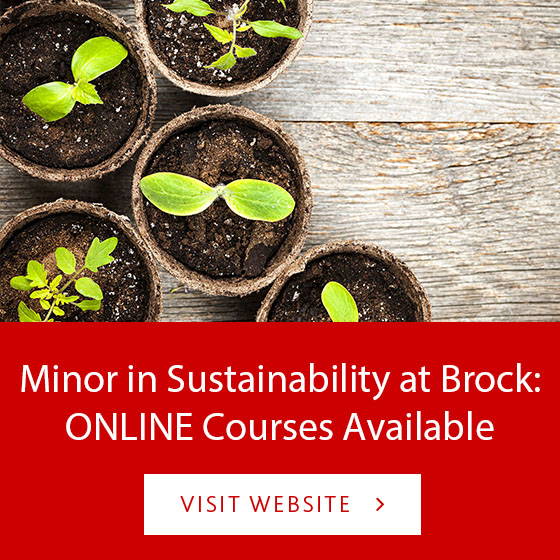Blog Contributor: Kaitlin James
Last week, I had the pleasure of interviewing Dr. Julia Baird, an Assistant Professor at the Environmental Sustainability Research Centre (ESRC) to find out more about her research and role at the ESRC. Her research interests centre around water. She agrees with the notion that water issues are ultimately issues of governance, and so her research focuses on the human dimensions of water resources. She has numerous publications that exemplify her vast amount of research within the field of sustainability science. It was great to learn more about her and the journey she took to get to where she is today.

Photo: Dr. Julia Baird, Canada Research Chair & Assistant Professor, Environmental Sustainability Research Centre
Q1: What path did you take to end up where you are today, and how did you end up doing research for the ESRC?
I started as an undergraduate student in agriculture – crop science to be exact – and I think that was due to an increasing appreciation for the farm I grew up on and realizing just how much I didn’t know about how agriculture works. I had an excellent professor in my final year that guided me toward an opportunity to undertake a master’s degree in soil science at the University of Saskatchewan, where I developed a real love of research and realized that I wanted to continue on. I pursued an interdisciplinary PhD in the School of Environment and Sustainability at the U of S. Around the time I was completing my dissertation, my husband and I made the decision to move to Ontario for him to start graduate school. Our plan was to spend one year here and I contacted Ryan Plummer on the advice of one of his colleagues about a potential short term post-doc. It’s almost eight years later and I’m thrilled to still be here!
Q2: What are your research areas of focus?
I have a range of research interests that reflect my path to this position, but all of them share the common threads of decision-making about our environment and environmental sustainability. I have a keen interest in water resources, agriculture, and resilience, and bring a social-ecological systems perspective to all of them.
Q3:What do you want to achieve with your research?
Save the world, of course! It’s really important to me that my research contributes to both theory and practice, and what’s really great about the ESRC is that it supports that goal in an explicit way through its emphasis on transdisciplinarity and community engaged research. I hope to make an impact on real-world decision making and enhance the resilience of governance of water resources, whether it be in urban or rural settings.
Q4: What is it like being one of Brocks’ 11 Canadian Research Chairs?
It’s an honour to hold a CRC, and there are benefits in terms of being able to focus more of my time on research which I appreciate and truly enjoy. I’m also working very hard to ensure that I make the most of this position and building a program of research that will have an impact locally, in Canada and internationally well past the tenure of this position.
Q5: Could you please share a turning point or defining moment in your work as a sustainability scientist?
This is an easy one – it was during the second year of my master’s degree at the U of S. I was doing my fieldwork, collecting weed densities, probably. My project was focused on identifying appropriate seeding rates for organic production of two legumes using a range of variables. I remember wondering how my research findings would be received and how you actually get farmers to change their practices based on the scientific knowledge I was generating. That was it for me – a short time later I decided to transition to an interdisciplinary social science doctorate and start to investigate these types of questions. My desire to focus on real-world ‘problems’ and use scholarly research as a mechanism to contribute to solutions was the foundation upon which this and all my research that followed was and is built (though I didn’t know that there was a term for it back then!).
